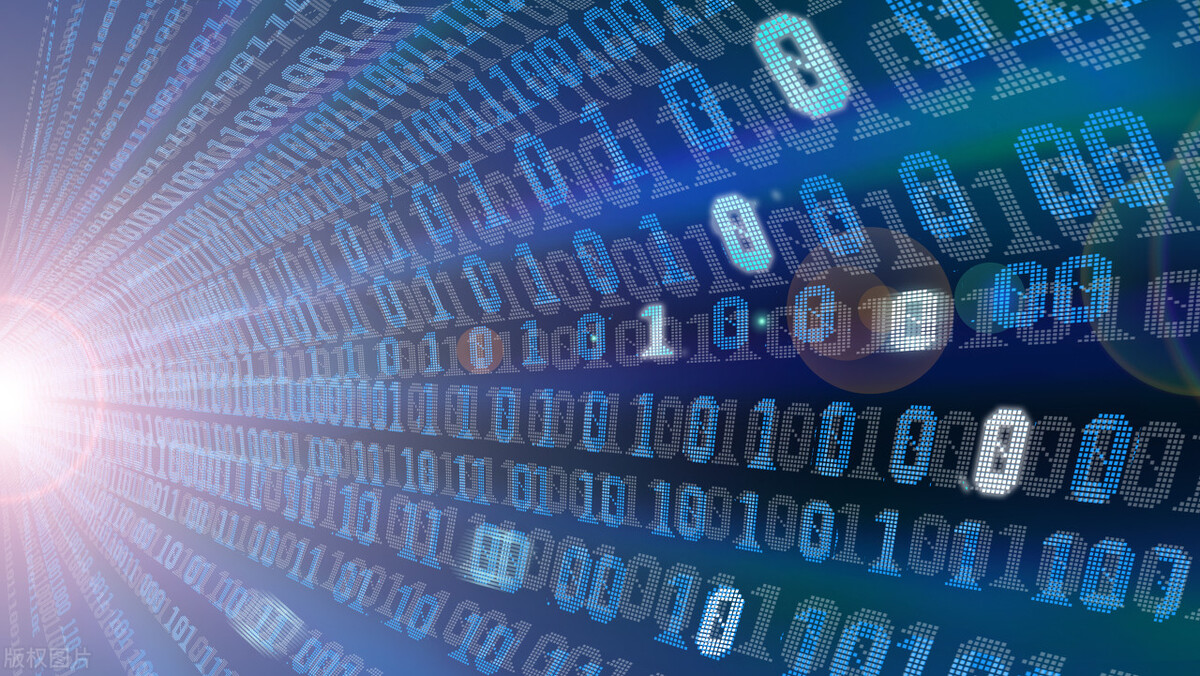Today big part of the world do not know about meta-universe, but there is a possibility that in the foreseeable future they will tightly enter our lives. In this article we are going to discuss the concept of Meta-Universe(Metaverse) and security questions related to it.
What is a Meta-Universe
Each company has its own way of seeing the image of the virtual universe, so meta-universe has received several definitions that contradict each other or have little in common with reality.
For example:
- Facebook defined the Meta-Universe as the embodied Internet in which you are, instead of looking at it from the outside. According to
- Microsoft say that Meta-Universe is a permanent digital world populated by digital doubles of people, places, and things.
Nevertheless, many analysts and heads of large corporations agree on one thing:
the Metaverse is not one program but a vast network of information. In other words, the metaworld is a new chapter of the Internet.
Companies using Meta-Universe
The term “Meta-Universe” is actively used in the gaming industry in the context of Roblox, Fortnite, Minecraft and AR/VR technologies.
Facebook has changed its name to “Meta” and has stated its ambition in developing a Meta-Universe. Apple and Epic are competing to create the first meta-universe with a billion users. Other tech giants such as Tencent, Google, Huawei, ByteDance, HTC and Nvidia have also begun research in this area and are actively deploying the meta-universe in the context of infrastructure, games, content and social platforms.

In China, a tacit race has been underway since last year, with companies creating trademarks whose names have references to the word “meta-universe. A total of 400 plus companies associated with Meta-Universe have been registered in the country.
Even today, states with their own currency appear in Metaclasses, companies buy virtual land for hundreds of thousands of dollars, fashion houses plan to open stores, and users get the opportunity to meet and travel around the world.
Security in Meta-Universes
Although the concept of the Meta-Universe remains vague, its popularity is skyrocketing. This has raised concerns about the security of the new Metaverse. Cyberattacks, old and new, will inevitably find their way into the metaconset, highlighting the need to take care of the security of immersive worlds from the start.
Many have expressed concern about potential risks in an environment where the lines between the physical and virtual worlds continue to blur.
The recent case of a digitally harassed user prompted Meta to introduce a system of personal boundaries. However, how to protect a digital avatar from unwanted and hostile actions by other users is still an ethical issue.
At the moment, there are no generally accepted laws and accompanying penalties in the Meta-Universe.
Human Identity and Privacy Protection
Another issue of interest to security professionals is user privacy. We’ve already seen a lot of hacking and tampering with various gaming accounts, so it’s fair to assume that a new universe with a huge number of entertainment services will face a similar problem.
One of the key elements in need of protection is each user’s digital identity. After all, your profile will contain much more personal information than a Google or Facebook account. The meta-universe will embody an entire digital life, with a bank account and other sensitive data, where protection against theft will be crucial.
Just as important will be the guarantee that users cannot fake someone else’s identity. The identity verification mechanism is important. However, it is still unclear how spoofing can be prevented in the meta-universe.
Augmented reality equipment and other tools of this new digital world greatly increase the amount of data that technology companies can collect. For example, an attacker would even be able to access information such as heart rate, eye movements, and finger movements. Unfortunately, users’ biometric data is particularly sensitive information, which, unlike bank card numbers and account passwords, cannot be changed.
Without proper attention to data protection, the meta-universe will become another space where attacks on users will be made for profit.
Protecting Intellectual Property
Given how difficult it is to protect intellectual property in the physical world, it’s understandable that enforcing copyright protection in the meta-universe will be even more difficult.
No matter how sophisticated the techniques for circumventing security measures, businesses need to stay one step ahead of cybercriminals, which will make the cybersecurity arms race even more intense.
Threats related to meta-universe technology
There are also security issues specific to the Meta-Universe and technologies such as blockchain, cryptocurrencies and NFT.
A significant NFT risk is associated with the possible purchase of counterfeit non-interchangeable tokens. Attackers can impersonate famous authors and sell fake certificates of ownership. For example, in the summer of 2021, a collector known as Pranksy purchased a fake Banksy NFT for £244,000.
Malware protection
There is currently no security system available to protect the meta-universe from malware. The issue of developing a large number of security standards is particularly acute – it must be done in the shortest possible time.

